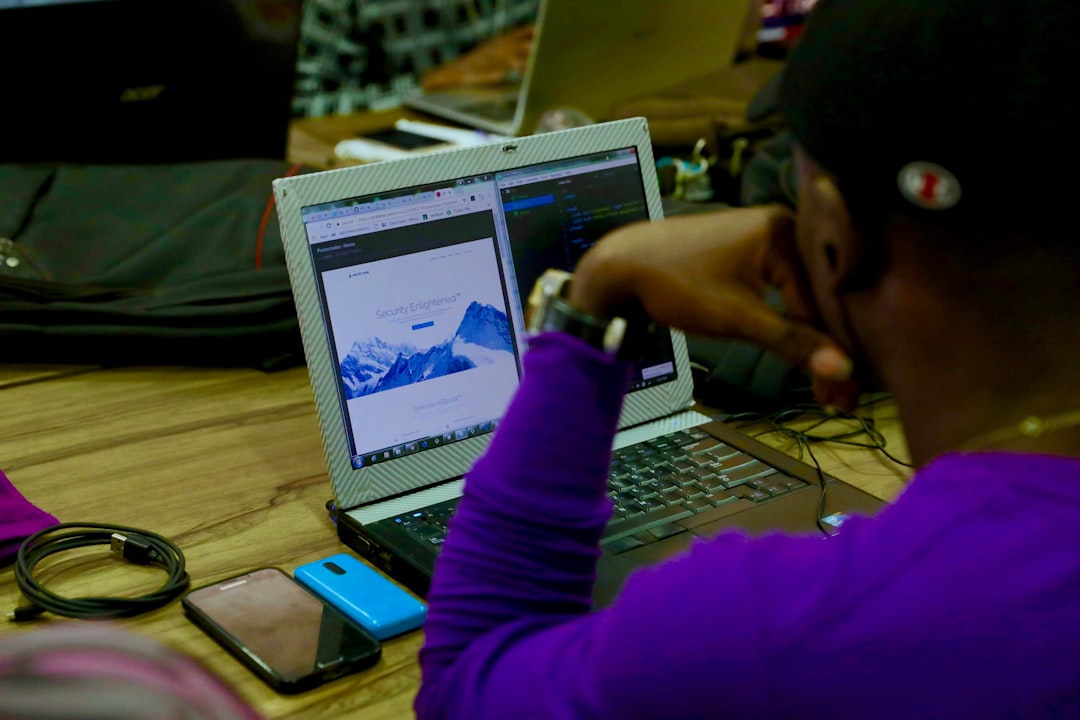What is it about?
When groups of individuals jointly search for improvements, they face unique problems not faced by solitary searchers. Our analysis shows that the beliefs that groups begin with (even if false) can be surprisingly useful in their search processes. Implications are drawn for the value of leadership, vision and authority even when these are unaccompanied by wisdom.
Featured Image
Why is it important?
The key insight is about the adaptive value of structure, even when it is designed by boundedly rational agents. This paper adds to the body of work that tries to understand organizations as complex systems designed and inhabited by relatively simple minded agents.
Perspectives
This paper took a long time to get published, in part because of the challenges we faced in explaining the fundamental differences between single agent learning and coupled learning processes. It was a very generative process however, as I learnt a lot about the problem, and this led to several other papers developed in parallel. Even as a working paper it influenced quite a few other authors in the modeling community, and I am glad it can now be shared more widely.
Phanish Puranam
INSEAD
Read the Original
This page is a summary of: How Initial Representations Shape Coupled Learning Processes, Organization Science, March 2016, INFORMS,
DOI: 10.1287/orsc.2015.1033.
You can read the full text:
Contributors
The following have contributed to this page










